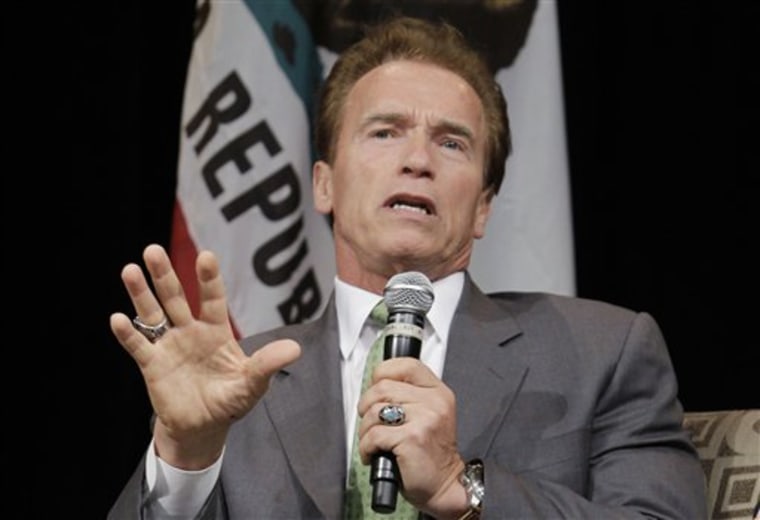A federal judge on Tuesday gave lawyers six hours to file written arguments on whether California's first execution in nearly five years should go forward.
The order came after a fast-paced day and night of topsy-turvy legal developments, the results of which cast doubt on whether Albert Greenwood Brown would be executed at 9 p.m. Thursday, as planned.
If prison officials miss that deadline by more than three hours, neither Brown nor any other death row inmate could be executed this year because the supply of one of the drugs used in lethal injections expires Friday and prison officials won't receive a fresh batch until next year.
The timing was further complicated late Monday, when the 9th U.S. Circuit Court of Appeals ordered U.S. District Court Judge Jeremy Fogel to reconsider his decision refusing to block the execution.
"After a four-year moratorium on executions in California, multiple proceedings in federal court, a state administrative law proceeding, and state court appeals, it is incredible to think that the deliberative process might be driven by the expiration date of the execution drug," the court said.
The appeals court said Fogel needed to take more time than he did to assess the state's new lethal injection procedure adopted last month.
Fogel then asked attorneys Tuesday to file legal arguments addressing whether the procedures avoid imposing cruel and unusual punishment.
Fogel ordered a halt to California executions in 2006 and ordered prison officials to overhaul the lethal injection process, which he found to be deeply flawed.
After two years of legal wrangling and bureaucratic maneuvering, the state said it was ready to execute inmates. Prison authorities have constructed a new death chamber, overhauled how it selects and trains its execution team and made several other changes to its lethal injection procedures to comply with Fogel's order.
On Friday, Fogel refused to block Brown's execution, saying it appeared the state had made significant process in improving its procedures.
The attorney general's office appeared to be in such a rush Monday that it asked the state Supreme Court to rule on an issue that wasn't officially before it.
The lawyers sought a pre-emptive order that a state appeals court ruling lifting the execution ban becomes final at 5 p.m. Thursday.
Deputy Attorney General Michael Quinn acknowledged he was seeking extraordinary relief in asking the state Supreme Court to take action.
But he said the impending expiration of the state's entire stock of sodium thiopental left him with no alternatives if Brown is to be executed Thursday night.
Brown was convicted of abducting, raping and killing a 15-year-old girl on her way home from school in 1980.
